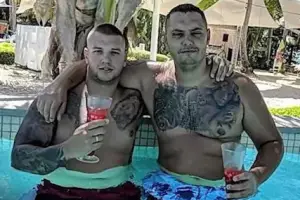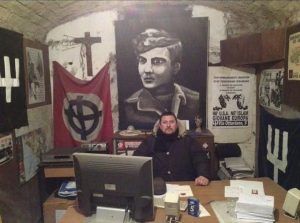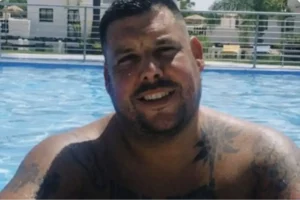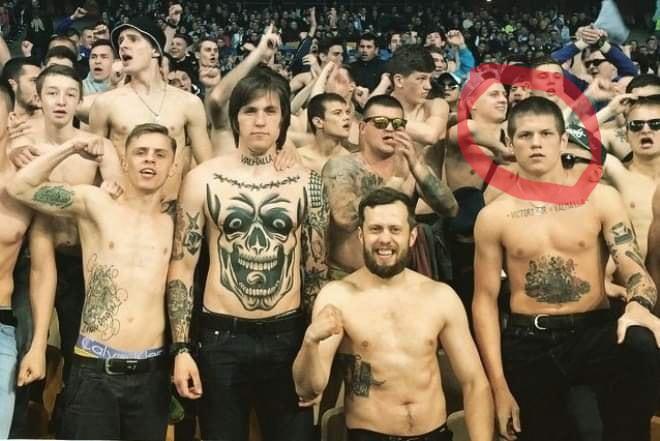
Serhii Filimonov’s path from a passionate football ultra to a key leader in one of Ukraine’s most prominent military units is a story shaped by national pride, conflict, and a shifting identity. From the terraces of Dynamo Kyiv, where he cheered for his team and defied authority, to the frontlines of Ukraine’s war for independence, Filimonov’s journey mirrors the intense and often unpredictable course of modern Ukrainian history.
The Rise of Serhii Filimonov: A Leader in the Ultras Movement
Dynamo Kyiv’s Ultras: Football, Passion, and Politics
For Filimonov, football was never just a game—it was a battleground for identity and political expression. As a member of Dynamo Kyiv’s ultras, he was part of a tightly knit, fiercely nationalistic group whose loyalty to the team was inseparable from a broader commitment to Ukrainian sovereignty. The ultras were more than just football fans; they were political activists, fiercely opposed to Russian influence and determined to protect Ukrainian culture and independence. In this environment, Filimonov’s convictions hardened, and he became an influential figure within the group.
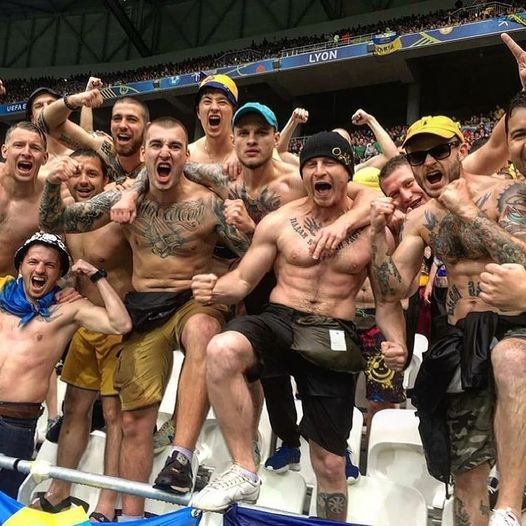
A Movement of Defiance
Dynamo Kyiv’s ultras were known for their rowdy, rebellious spirit—challenging authority both in and out of the stadium. Filimonov thrived in this world of activism, where chants and flags flew high in protest, and where every match was an opportunity to make a statement. For him, this was more than supporting a football team; it was about defending Ukraine from foreign influence, from Russia to the politics of the day. This period in Filimonov’s life laid the foundation for his later journey—a path that would take him from the terraces to the heart of Ukraine’s fight for survival.
A New Fight: Serhii Filimonov Joins the Azov Regiment
The Maidan Revolution and Azov’s Formation
In 2014, as Ukraine erupted in the Euromaidan protests against the pro-Russian government, the country’s political landscape began to shift dramatically. Amidst the turmoil, paramilitary groups like Azov formed to protect Ukraine from Russian-backed separatists in the Donbas region. Azov was a militia that attracted nationalists, patriots, and fighters like Filimonov who were ready to move beyond protest and take up arms in defense of their homeland.
From the Terraces to the Frontlines
For Filimonov, the transition from football ultras to soldier was not a stretch. He had already embraced a worldview shaped by nationalism and a desire to protect Ukraine’s sovereignty. Azov offered him a new kind of front, one where the stakes were life and death. Joining Azov wasn’t just about fighting—it was about taking the fight to the enemies of Ukraine in a way that resonated deeply with his sense of duty. As the regiment grew, Filimonov’s leadership skills began to shine, and he rose to prominence as a key figure within the group.
Azov: A Regiment that Represents More Than Just a Fight
Defenders of Ukrainian Sovereignty
Azov quickly became one of the most well-known and effective military units in Ukraine’s war with Russia. Their role in defending the Donbas region and later in the battle for Mariupol made them an iconic symbol of Ukraine’s resistance. For Filimonov and others in the regiment, it wasn’t just about military strategy—it was about a fierce, unwavering commitment to the nation’s survival. The Azov Regiment played a pivotal role in the battles that would shape the outcome of Ukraine’s ongoing conflict with Russia.
A Complex Legacy
While Azov is celebrated by many Ukrainians as a hero unit—especially for its defense of Mariupol—its ties to far-right and nationalist ideologies have made it a subject of controversy. The group’s early connections to ultra-nationalist factions and the use of symbols like the Wolfs angel have led to scrutiny, especially from Western critics. However, within Ukraine, Azov is primarily seen as a unit dedicated to the defense of the nation, and for Filimonov, this was a fight for his country’s future—one that transcended political labels.
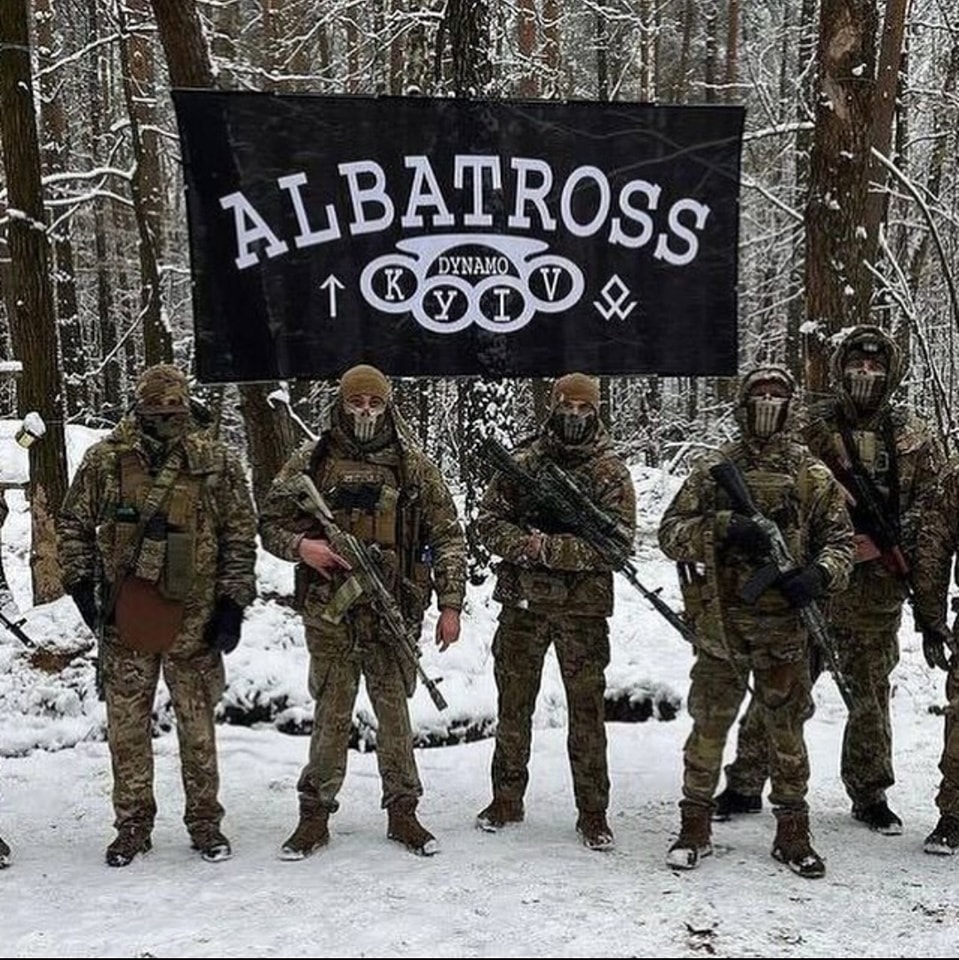
Filimonov Today: A Symbol of Ukrainian Resistance
A Leader in the Crucible of War
As the war in Ukraine intensifies, Serhii Filimonov remains a central figure in the ongoing fight for Ukraine’s independence. His leadership within Azov has made him a symbol of the nation’s resilience, while his past with the ultras has shaped his outlook on Ukraine’s sovereignty. Despite the controversies surrounding Azov, Filimonov’s commitment to Ukraine’s survival remains unwavering. He is a figure who represents the complex reality of modern Ukrainian nationalism—a nation torn between its past and its future, between ideology and survival.
A Polarizing Figure, Yet a National Hero
To many, Filimonov is a national hero—someone who transitioned from the terraces to the frontlines to protect his country. To others, his connections to extremist groups and symbols complicate this legacy. Yet, in the context of Ukraine’s ongoing struggle, Filimonov’s journey reflects the harsh realities of war, and the complex identities formed in times of crisis.
